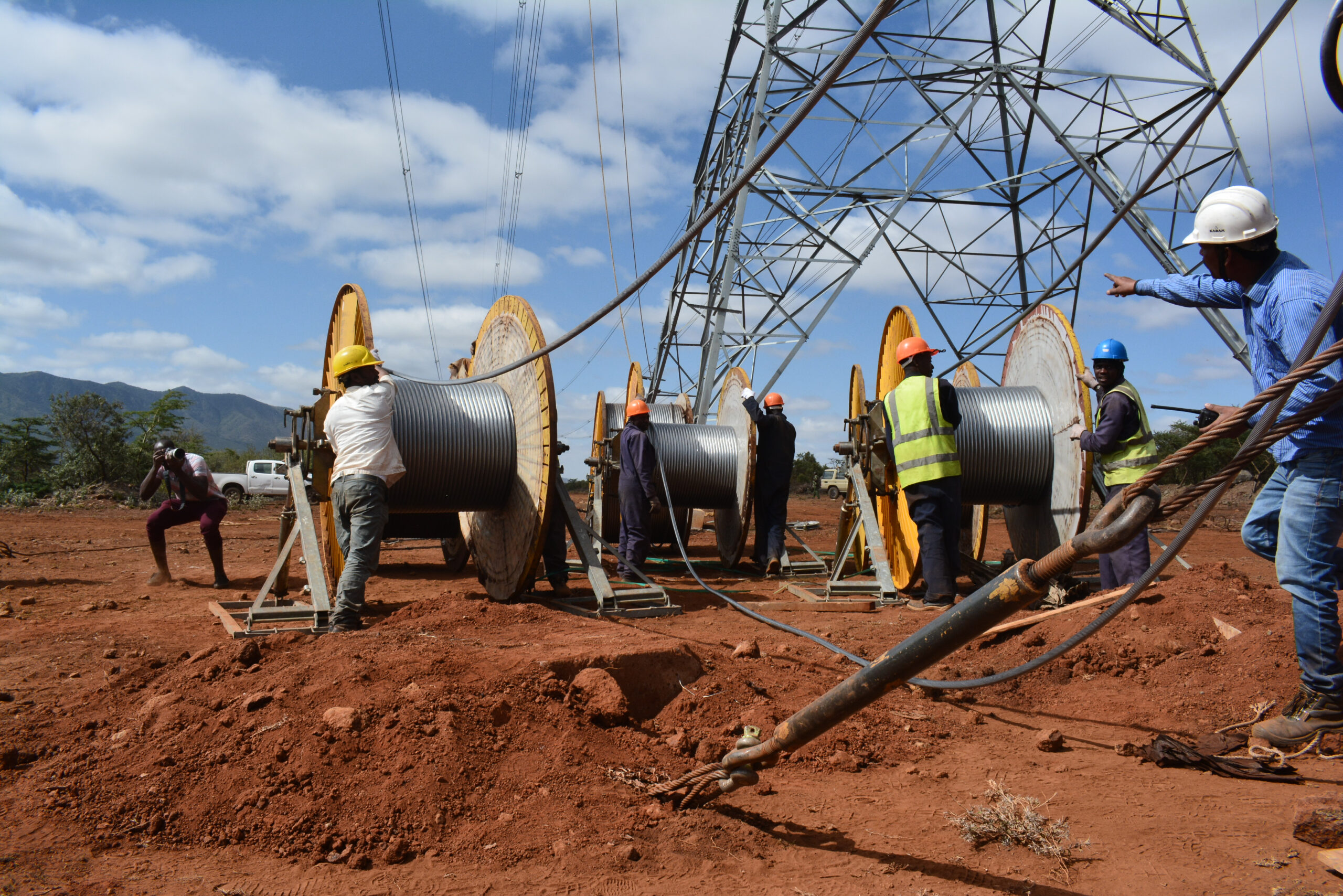Recent data are casting fresh light on the access to electricity in Africa, revealing that the number of people who do not have access to electricity may be far lower than the figures that have been suggested recently.
Recent research indicates that an increasing number of households and companies are being powered by off-grid alternatives, which is a factor that was not taken into consideration in previous estimations.
According to the World Energy Outlook 2023, there has been a notable increase in the number of households and commercial establishments who want to satisfy their energy requirements by using solar power.
Read also: Stakeholder address Africa’s electricity gap at 10th Nigeria Energy Conference
Impact of Solar Home Systems
The significant rise in sales of solar home systems, which provide power to homeowners that are not linked to electric grids, helped to somewhat offset this reversion. According to a portion of the prognosis, sales of these systems skyrocketed over the levels that existed before to the pandemic in the previous year, with the high increase in West and East Africa.
During the crisis, Nigeria’s population that did not have access to electricity continued to decrease, which was made possible by the rising sales of solar residential systems.
“One of the reasons that number seems to have been unchanged for some while now is that a lot of work is being done to expand access and increasingly by non-traditional grid buildouts,” the news platform Semafor noted in a recent report. “This is one of the reasons that the number seems to have remained unchanged for some time”.
Traditional methods of assessing access to electricity have mostly concentrated on the growth of national power networks. These methods have neglected to take into account the emergence of pay-as-you-go (PAYG) solutions and residential solar energy, the numbers of which are difficult to quantify.
The sun is quickly being acknowledged as the one resource that is available to all people living in Africa.In 2022, sales of solar home systems reached all-time highs, with the majority of these systems being imported from China.
The growth in the number of people who had access to electricity in Africa during the same year was mostly attributable to these systems. The fact that solar power is able to provide energy to more than eight percent of homes in sub-Saharan Africa that have access to it is another factor that highlights the relevance of solar power.
The commercial and industrial sector of the solar market had a year-on-year rise of 61.5% in the previous year, as stated in the Africa Solar Outlook 2023 study published by the Africa Solar Industry Association (AFSIA).
This is a year-on-year increase of 14% compared to the 833 MW of solar energy that was added to the grid in 2021. In terms of significant projects, around 949 MW of extra solar energy was deployed throughout the continent in 2022.
Angola had the highest number of installations in 2022, with a total of 284 megawatts. Angola, South Africa (111.8 MW), Egypt (80 MW), Ghana (71.3 MW), and Mozambique (41.9 MW) round up the top five countries in terms of power generation.
According to the paper, “Africa is now home to more than 10 GW of solar projects that have been identified.”
https://techpression.com/nigeria-turns-to-gas-electricity-and-solar-energy-for-economic-survival/
Solar Market Growth
On the other hand, projections from the state-owned utility Eskom suggest that South Africa alone built more than one thousand megawatts (MW) of private solar capacity in only two months in 2023, as reported by the news site Semafor.
The rise in solar installations up to June was more than what was added in the six months before to that, which highlights not just South Africa’s but also the continent’s potential for solar power. As a result of an increase in the number of power outages throughout the national grid, the installations were carried out.
“What you’re seeing in these numbers is households and the private sector taking matters into their own hands,” Wikus Kruger, head of the Power Futures Lab at the University of Cape Town, said in an interview with Semafor. Rather than being driven by government policy in and of itself, it is being driven by desperation.
The data from Chinese customs indicates that South Africa has imported a substantial amount of solar panels, with a total of over 5 gigawatts (or 1.1 billion dollars) since January 2022, with 3.7 gigawatts in 2023 alone.
There have been a few “hot spots” in Africa that have traditionally been the primary drivers of solar installation capacity. These “hot spots” include South Africa, Morocco, and Egypt. However, more nations are increasingly embracing solar programs.
Africa is seeing a change in the availability of energy as a result of the move towards decentralised, non-grid alternatives such as solar home systems and pay-as-you-go models.
When compared to typical grid expansions, these technologies have not only been shown to be more flexible to the varied and often distant terrain of the continent, but they also provide a deployment that is both more cost-effective and more speedy.
Through the Pay-as-you-go (PAYG) model, in particular, solar energy is becoming more financially accessible to a greater number of families. This is because it enables consumers to pay for their energy use in manageable and modest installments. In the midst of the company’s expansion throughout Africa, the Kenyan pay-as-you-go (PAYG) provider M-KOPA just opened in Soweto.
The promise of these new techniques is being shown by the fact that countries like as Côte d’Ivoire, Kenya, Ghana, and Senegal are getting closer and closer to their goals of providing universal access.











